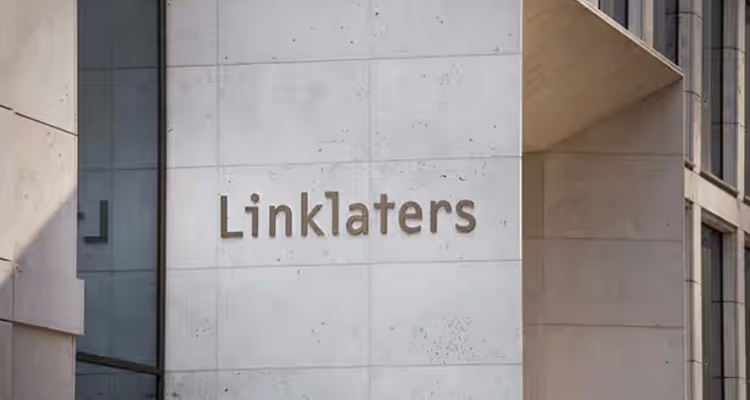East Asia
Find out how we leverage our industry expertise
to improve our company's competitiveness.
Europe
Find out how we leverage our industry expertise
to improve our company's competitiveness.
North America
Find out how we leverage our industry expertise
to improve our company's competitiveness.
Oceania
Find out how we leverage our industry expertise
to improve our company's competitiveness.
Latin America
Find out how we leverage our industry expertise
to improve our company's competitiveness.
Southeast Asia
Find out how we leverage our industry expertise
to improve our company's competitiveness.
South Asia
Find out how we leverage our industry expertise
to improve our company's competitiveness.
Africa
Find out how we leverage our industry expertise
to improve our company's competitiveness.
west Asia
Find out how we leverage our industry expertise
to improve our company's competitiveness.

FairSky Law Office
FAIRSKY's professional team brings together experienced litigators with many years of experience in resolving intellectual property-related disputes, especially in the areas of patent infringement disputes, antitrust and trade secrets, which have been well received by our clients.
Visit the page

bird&bird
With more than 1,600 lawyers and legal practitioners in 32 offices around the world, H&B offers a full range of legal services. Our areas of expertise include commercial, corporate, EU and competition, intellectual property, dispute resolution, employment, finance and real estate matters.The key to our success is our evolving industry-centered approach. Our clients base their businesses on technology and intangible assets and operate in regulated markets.
Visit the page

Quinn Emanuel Urquhart&Sullivan LLP
Quinn Emanuel Urquhart&Sullivan LLP is a law firm with 875 lawyers and 29 offices, specializing in commercial litigation and arbitration. It is the largest litigation and arbitration law firm in the United States.
Visit the page

Linklaters ( Australia Office)
Linklaters cross-border Intellectual Property practice advises clients on their most complex and commercially significant IP matters.support Linklaters clients with outstanding legal skills,expert sector knowledge and a pragmatic mindset,whether in strategic IP advisory and transactionalmatters or complex IP disputes.
Visit the page

Pacheco Neto Sanden Teisseire Advogados (PNST)
PNST Law Firm is a full service law firm with multicultural business experience underpinnings. Their provide legal services to our clients in over twenty countries including Germany, France, Scandinavia, the United States and China. Their firm is an active member of many chambers of commerce in addition to local and international legal alliances. their are headquartered in São Paulo and they offer legal solutions in many areas of corporate law including mergers and acquisitions, corporate reorganization advisory, tax and labor litigation, commercial contracts, foreign investment, real estate transactions, intellectual property, compliance, mediation and arbitration and family planning and succession.
Visit the page

Skrine - Advocates & Solicitors
Skrine IP team advises clients in protecting, licensing and enforcing their IP rights, whether in the form of patents, trademarks, designs, copyright, trade secrets or know-how. We act for clients in trademark infringement and passing-off claims as well as in patent, design and copyright litigation.
Visit the page

Saikrishna & Associates
The Firm’s Litigation/Dispute Resolution, Prosecution, and Enforcement teams join with the Commercial, IP, TMT, Corporate & Competition law teams to provide innovative solutions catering to client’s business and IP objectives.
Visit the page

AM Law Firm
AM Law Firm carry the transactions of a wide variety of disputes regarding Intellectual property and provide pre-dispute consultations as well as general, coordinated IP program structuring. Their services in IP also include registration, enforcement and protection of intellectual property, due diligence investigations, dispute resolutions and drafting assignments and licensing agreements.
Visit the page

Hammad & Al-Mehdar Law Firm
Founded in 1983 and headquartered in Jeddah, Saudi Arabia, Hammad & Al-Mehdar Law Firm is one of the largest privately owned law firms in Saudi Arabia and the Gulf Cooperation Council (GCC) region, and is the leading general practice law firm in Saudi Arabia in the areas of Intellectual Property (including Patents, Trademarks, and Copyright Protection), Corporate Law and Mergers & Acquisitions, Dispute Resolution and Arbitration, Energy and Infrastructure, Financial Services and Compliance. Intellectual Property (including Patent, Trademark and Copyright Protection), Corporate Law and M&A, Dispute Resolution and Arbitration, Energy and Infrastructure, Financial Services and Compliance
Visit the page

